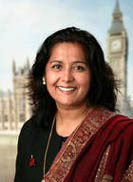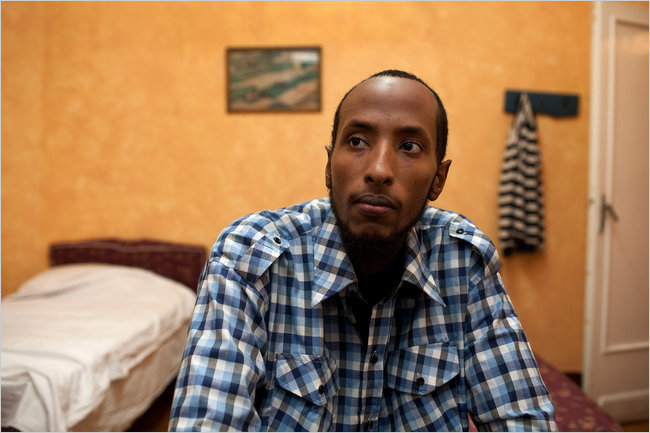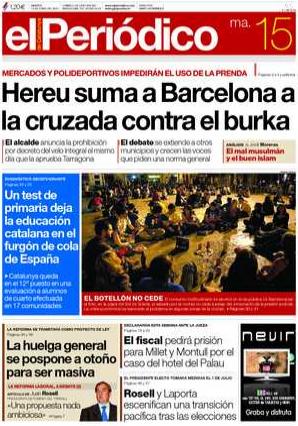Racial profiling and some politicians exploiting racial and xenophobic stereotypes persist in France despite progress in fighting discrimination, a Council of Europe report said Tuesday.
The European Commission against Racism and Intolerance (ECRI) issued its fourth report on France with positive comments on the country’s High Authority against Discrimination and for Equality (HALDE) for “its key and growing role in the fight against racism”.
However, “while there had been improvements in certain areas, some issues gave rise for concern, such as minorities’ perception of the police, prejudice against Muslims and the tone of the immigration debate,” said Nils Muiznieks, chair of ECRI, the Council’s independent human rights body.
Many racial acts go unreported and for those that are referred to authorities there is a low conviction rate, the report said. “The police frequently resort to racial profiling and take law enforcement decisions on the basis of racial, ethnic or religious stereotypes” rather than individual behaviour, it said.
In the political arena, the report noted that most politicians condemn openly racial comments and race-related acts, but that there are some who exploit the issue. In relation to immigration, “there is widespread suspicion that non-citizens engage in fraud to obtain residence permits and access to rights,” the report said.
Regarding Muslims, part of French society doubts their willingness and ability to “respect French values”. “The debate on the prohibition of the niqab (the face-covering veil) has increased feelings of discrimination among Muslims and may result in further excluding some Muslim women from society,” the report said about the government’s considering a ban on Muslim women wearing the full veil in public.
Problems of discrimination on the grounds of race, religion, nationality or ethnic origin persists in access to employment, education, housing, and goods and services, the report added.

 Bolton’s newest MP has accused Greater Manchester Police of heavy-handed tactics during March’s English Defence League and Unite Against Fascism rallies.
Bolton’s newest MP has accused Greater Manchester Police of heavy-handed tactics during March’s English Defence League and Unite Against Fascism rallies. U.S. civil liberties groups are protesting the case of a 26-year-old Muslim-American man who was placed on the no-fly list and barred from returning to the States after spending 18 months in Yemen.
U.S. civil liberties groups are protesting the case of a 26-year-old Muslim-American man who was placed on the no-fly list and barred from returning to the States after spending 18 months in Yemen. Spain’s government plans to ban the use of the Islamic burqa in public places under a proposed new law on religious freedom, the justice minister said Tuesday.
Spain’s government plans to ban the use of the Islamic burqa in public places under a proposed new law on religious freedom, the justice minister said Tuesday.